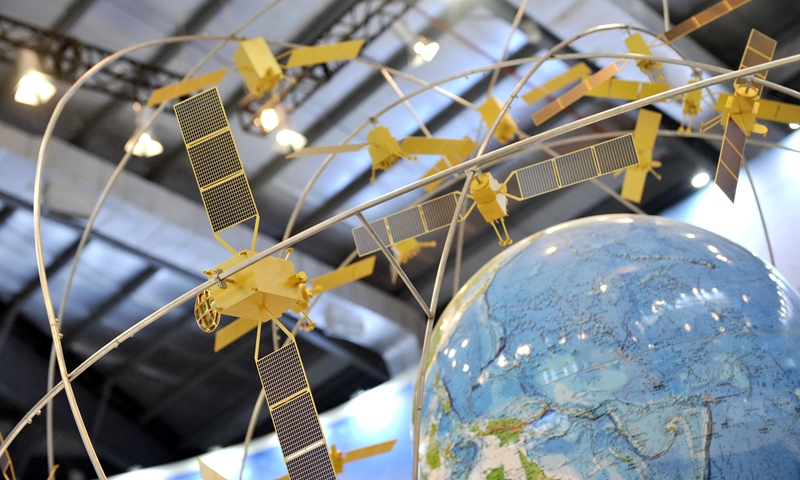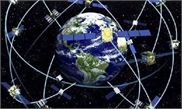SOURCE / INDUSTRIES
New export controls won't have big impact on BDS services: insider

File photo of a model of the Beidou Satellite Navigation System.Photo:Xinhua
China's efforts to better protect some of its most advanced technologies, through the means of a newly updated export control catalogue published on Friday, will not slow down global use of the BeiDou Navigation Satellite System (BDS), an industry insider told the Global Times on Tuesday.
China on Friday added 23 cutting-edge technologies to a list of restricted export items ranging from vegetable breeding and metal 3D printing to advanced drilling tools and software used in oil and gas extraction, strengthening the regulatory foundation for technology export controls in relation to countries and regions that are hostile to China.
Messaging transmission encryption technology used by the BDS is on the list. The BDS is China's largest space-based system and one of four global navigation networks, alongside the US' GPS, Russia's GLONASS and the EU's Galileo.
However, Wang Bo, a satellite navigation system expert with the Beijing Institute of Technology, said the newly updated catalogue will have little impact on the BDS' civilian use in the global market, as the restricted technology is primarily focused on military use.
"The encryption technology is for military use, and this sector should naturally be included in the catalogue. But signals for civilian use are always open to the public, and foreign companies can download them online," Wang told the Global Times. "We welcome more foreign companies to use it. The more, the better."
Since the catalogue was drawn up to protect China's technology and economic security, it makes sense to list technologies associated with the BDS. When the last version of the catalogue was drawn up in 2008, the BDS was still at the fledging stage, Wang said.
The BDS provides global users with basic navigation, global short message communication, and international search and rescue services. The system's services cover more than 200 countries and regions, with more than 100 million users and 200 million daily services.
More foreign companies are beginning to roll out devices that are compatible with BeiDou navigation as the system began to roll out full global services this year.
Japanese consumer electronics firm Sony launched a global navigation satellite systems chip that supports the BDS on August 19, the company said in a press release sent to the Global Times.




